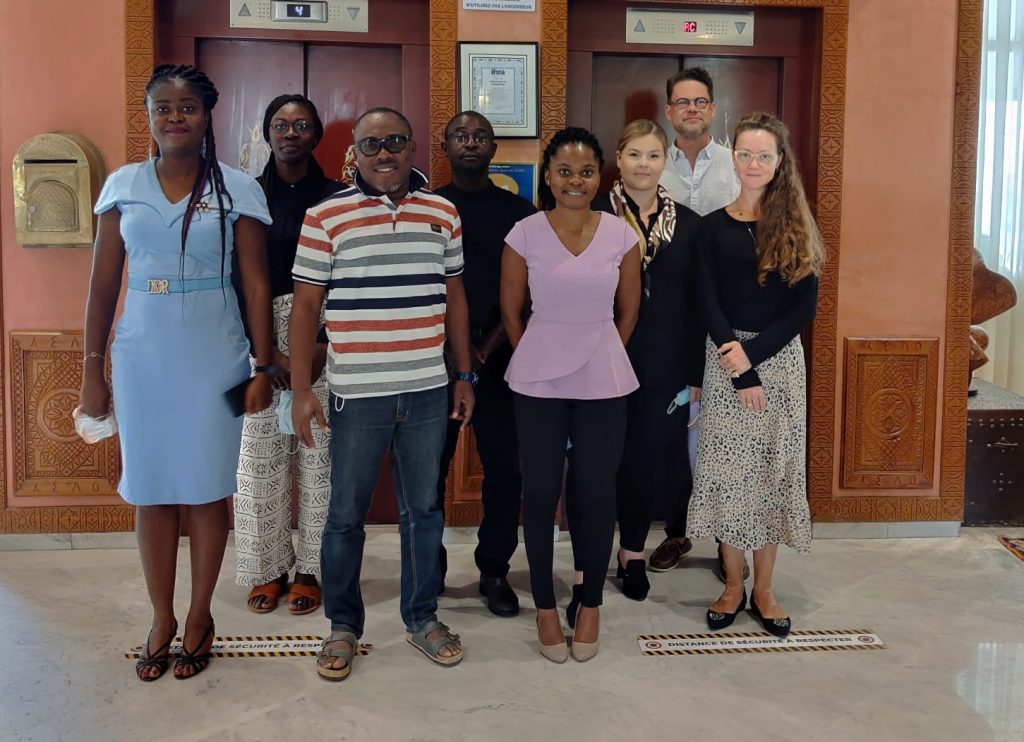The Analyzing Maritime Security in Ghana (AMARIS) project held a two-day Interpretation Workshop in Casablanca, Morocco. The event took place on 25 – 26 August 2021. AMARIS is a collaboration between the Kofi Annan International Peacekeeping Training Centre (KAIPTC), the Centre for Maritime Law and Security in Africa (CEMLAWS) and the University of Copenhagen (UCPH). It is funded by the Ministry of Foreign Affairs of Denmark. It investigates how Ghana is impacted by maritime insecurity and how it can respond through improved governance and capacity building.
The event with the core team was held at the mid-term of the project. It allowed to review the empirical evidence compiled so far and to interpret it in the light of the more general maritime security challenges.

The KAIPTC team which studies the different expressions of blue crime in Ghana noted that the most prevalent maritime crime in Ghana is illegal fishing activity. However, the focus of the international community continues to be on piracy, often downplaying the importance of other blue crimes. This mismatch and the implications for political will and priority setting require ongoing attention.
A second core focus of the debate was how Ghana is dealing with the challenges of coordinating the complexity of actors involved in maritime security. A policy paper published earlier documented how considerable this complexity is. One of the key responses of Ghana is the development of a National Integrated Maritime Strategy (NIMS) in which maritime security is one core components. The team from CEMLAWS that studies maritime security governance showed how Ghana is drafting the strategy and what kind of potential it holds to improve governance and the fight against maritime crime. However, the instrument is still being developed and we will have to wait for future developments.
Another item of the discussion were the insights on capacity building activities in Ghana developed by the UCPH team. Capacity building continues to lack coordination, and as the study shows the negotiation process is often a key hurdle since often the right priorities are not addressed or ownership not ensured.
The first discussed results document forcefully what can be learned from the paradigmatic case of Ghana and why it is important to also consider the national dimension in the maritime security debate that too often has an exclusively regional focus. Other countries can learn from Ghana’s experience. Yet, the same time many of the intricacies of dealing with maritime security come particular well to the fore.
As AMARIS moves to the next phase, more of these insights will be published both for an audience interested in the Gulf of Guinea, but also blue crime, maritime security governance and capacity building more generally.

1 thought on “AMARIS holds Interpretation Workshop”
Comments are closed.